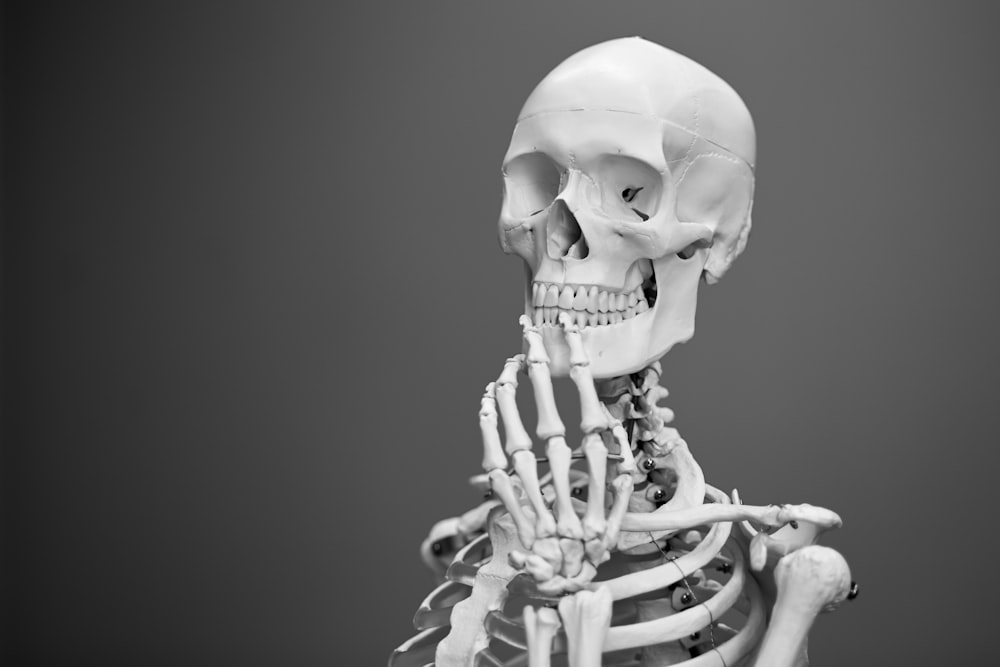Strengthening Your Bones: Essential Tips for Better Health
Maintaining strong and healthy bones is crucial for overall well-being. As we age, our bone density naturally decreases, making us more susceptible to fractures and osteoporosis. However, there are several proactive steps we can take to support our bone health and minimize the risk of bone-related issues. In this article, we’ll explore some essential tips for strengthening your bones and promoting better health.
Understanding Bone Health
Before diving into specific strategies for enhancing bone health, it’s important to understand the basics. Our bones provide structural support for our bodies, protect vital organs, and facilitate movement. Bone health is influenced by various factors, including genetics, diet, physical activity, and hormonal balance. Throughout our lives, our bones undergo a continuous process of remodeling, with old bone tissue being replaced by new bone tissue. This dynamic process is essential for maintaining bone strength and integrity.
Nutrition for Strong Bones
One of the cornerstones of good bone health is proper nutrition. Calcium and vitamin D are two nutrients that play a critical role in bone formation and maintenance. Calcium is the primary mineral found in bones, while vitamin D helps the body absorb calcium efficiently. Dairy products, leafy greens, nuts, and fortified foods are excellent sources of calcium, while sunlight exposure is essential for vitamin D synthesis. Including these nutrients in your diet can help support bone health and reduce the risk of fractures.
Regular Exercise for Bone Strength
In addition to nutrition, regular exercise is vital for maintaining strong and healthy bones. Weight-bearing exercises, such as walking, jogging, dancing, and weightlifting, help stimulate bone remodeling and increase bone density. Strength training exercises, which involve lifting weights or using resistance bands, can also help build muscle mass and improve bone strength. Aim for a combination of aerobic and strength training activities to promote overall bone health.
Avoiding Bone-Weakening Habits
Certain lifestyle habits can contribute to bone loss and weaken overall bone health. Smoking, excessive alcohol consumption, and a sedentary lifestyle have been linked to decreased bone density and an increased risk of fractures. Smoking interferes with calcium absorption and can impair bone remodeling, while heavy alcohol consumption can disrupt bone formation and increase the risk of falls. Leading a healthy lifestyle that includes regular exercise, a balanced diet, and avoidance of harmful habits is essential for preserving bone health.
Bone Density Testing and Monitoring
As we age, it’s essential to monitor our bone health regularly. Bone density testing, such as dual-energy X-ray absorptiometry (DEXA) scans, can assess bone density and identify early signs of osteoporosis or bone loss. Based on the results of these tests, healthcare professionals can provide personalized recommendations for improving bone health, such as dietary changes, supplementation, or medication. Early detection and intervention are key to preventing fractures and maintaining bone strength.
Supplements for Bone Support
In some cases, supplementation may be necessary to support optimal bone health, especially for individuals at risk of deficiency. Calcium and vitamin D supplements are commonly recommended for older adults, individuals with limited sun exposure, or those with specific dietary restrictions. However, it’s essential to consult with a healthcare professional before starting any new supplement regimen, as excessive intake of certain nutrients can have adverse effects on health.
Maintaining a Healthy Weight
Maintaining a healthy weight is another essential aspect of promoting bone health. Being underweight or overweight can negatively impact bone density and increase the risk of fractures. Excess body weight can put added strain on the bones and joints, while inadequate nutrition associated with being underweight can impair bone formation and remodeling. Aim for a balanced diet and regular exercise to achieve and maintain a healthy weight for optimal bone health.
Prioritizing Bone Health at Every Age
Lastly, it’s never too early or too late to prioritize bone health. While building strong bones during childhood and adolescence is crucial for peak bone mass, adopting healthy habits later in life can still have significant benefits. By incorporating nutritious foods, regular exercise, and other bone-supportive practices into your daily routine, you can promote better bone health and reduce the risk of bone-related issues as you age.
In conclusion, taking proactive steps to strengthen your bones and support overall bone health is essential for maintaining vitality and reducing the risk of fractures and osteoporosis. By understanding the factors that influence bone health and incorporating healthy habits into your lifestyle, you can enjoy stronger bones and better overall well-being for years to come. Read more about Bone health



